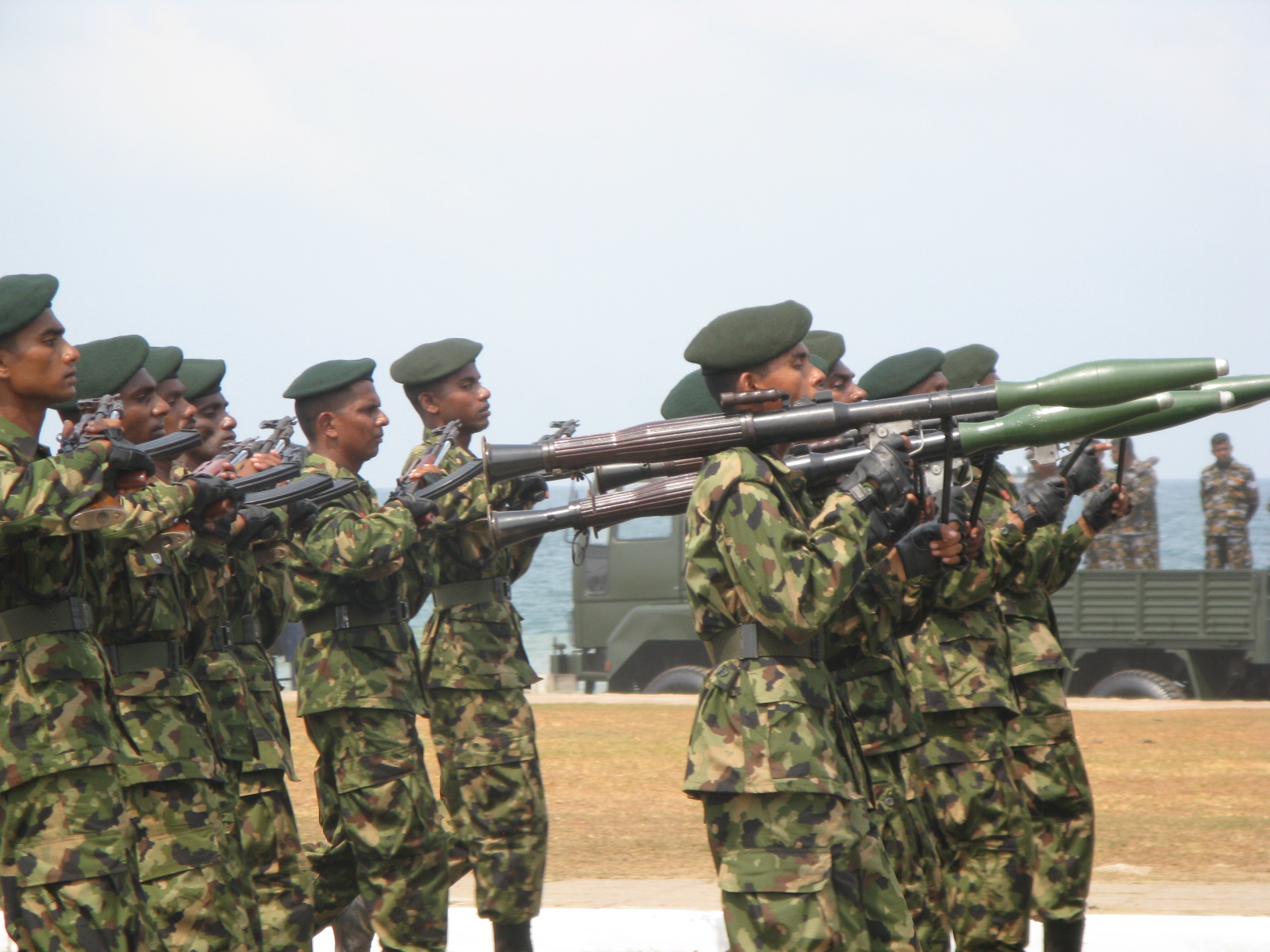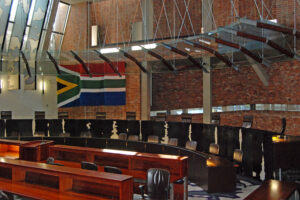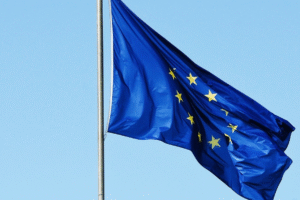The Sri Lankan government must immediately revoke emergency regulations that once again, and contrary to international law, grant abusively extensive powers of search, detention, prosecution and punishment to the security forces, the International Commission of Jurists (ICJ) said today.
“It is alarming that President Wickremesinghe begins his tenure by enacting a series of emergency regulations that set the framework for authoritarian rule and are in clear contravention of Sri Lanka’s international human rights obligations,” said Saman Zia-Zarifi, Secretary General of the ICJ. “What Sri Lanka needs is the rule of law and accountability, not more unchecked executive power. If not revoked immediately, the Sri Lankan parliament should ensure they are not prolonged when the proclamation of emergency is brought before them for renewal.”
Ranil Wickremesinghe, who was just sworn in today as President after public protests led to the resignation of his predecessor, issued a set of emergency regulations on July 18 in his capacity as Acting-President. These regulations are for the most part identical to highly problematic emergency regulations that were enacted in May 2022 by his predecessor, Gotabaya Rajapaksa. These regulations lapsed on May 21 when the state of emergency was lifted.
The new emergency regulations have been brought in subsequent to the burning of ruling politicians houses including that of President Wickremesinghe. However, the new emergency provisions are even further at odds with Sri Lanka’s obligations under international human rights law than the earlier set, which the ICJ had earlier noted gave the President, security personnel and other officials appointed by the President significant executive powers of control and surveillance, set up a parallel administrative detention system, and needlessly augment sanctions for ordinary penal offences.
The new series of regulations go a step further by increasing the period of arbitrary detention from 24 hours to 72 hours and increasing the number of criminal offences by including a range of offences relating to mischief with severe punishments lasting up to 20 years.
“President Wickremesinghe should acknowledge the validity of public demand for more representative, accountable government, and ensure that the public can fully realize their right to peaceful assembly and expression” Zarifi said.
Any derogation from Sri Lanka’s international law obligations under the International Covenant on Civil and Political Rights must be temporary and strictly necessary to meet a specific threat to the life of a nation and proportionate to that end. Many provisions among those enacted through the emergency regulations plainly do not pass this test, which has been affirmed repeatedly by the UN Human Rights Committee and reflected in the Siracusa Principles on the Limitation and Derogation Provisions in the International Covenant on Civil and Political Rights.
The ICJ notes with concern that in his previous capacity as Prime Minister, Wickremasinghe had only last week called on the security forces to do “whatever is necessary to restore order” after protestors stormed the Prime Minister’s office.
“These emergency regulations along with the President’s strong-arm attitude towards quelling public protests could have disastrous human rights consequences,” Zarifi added.




